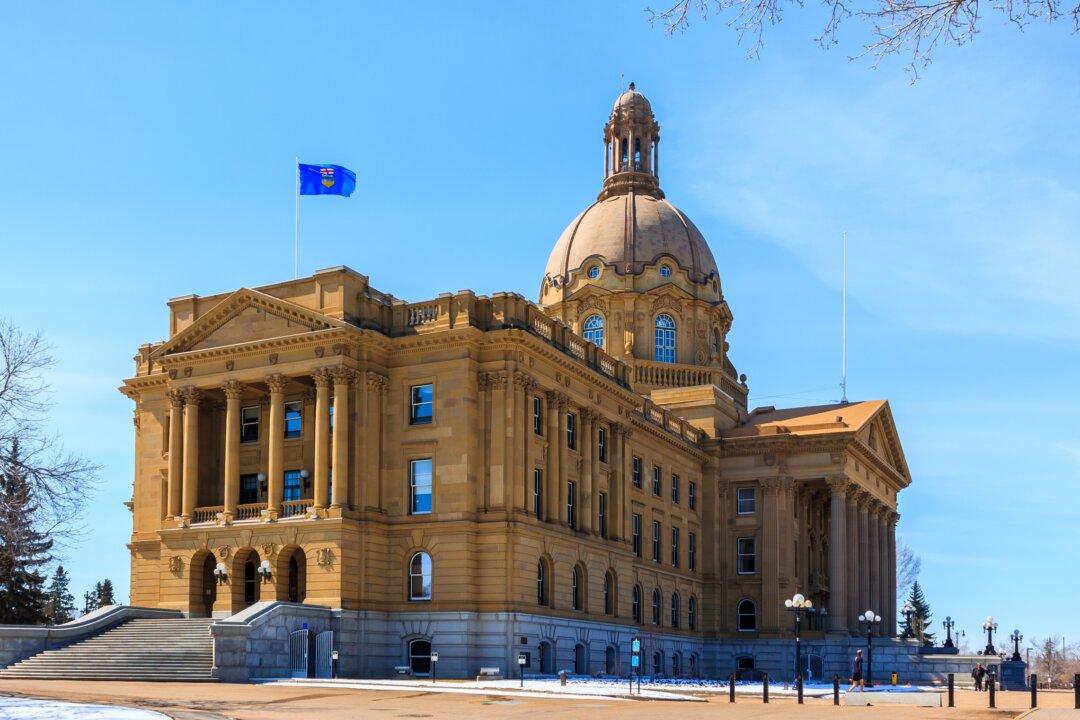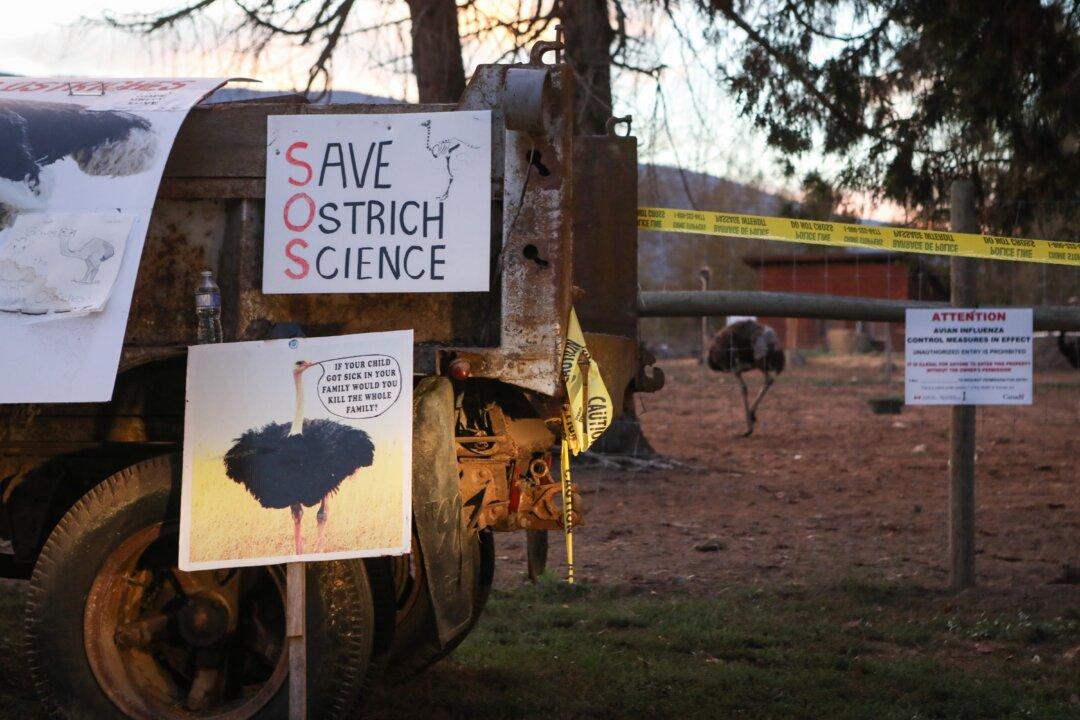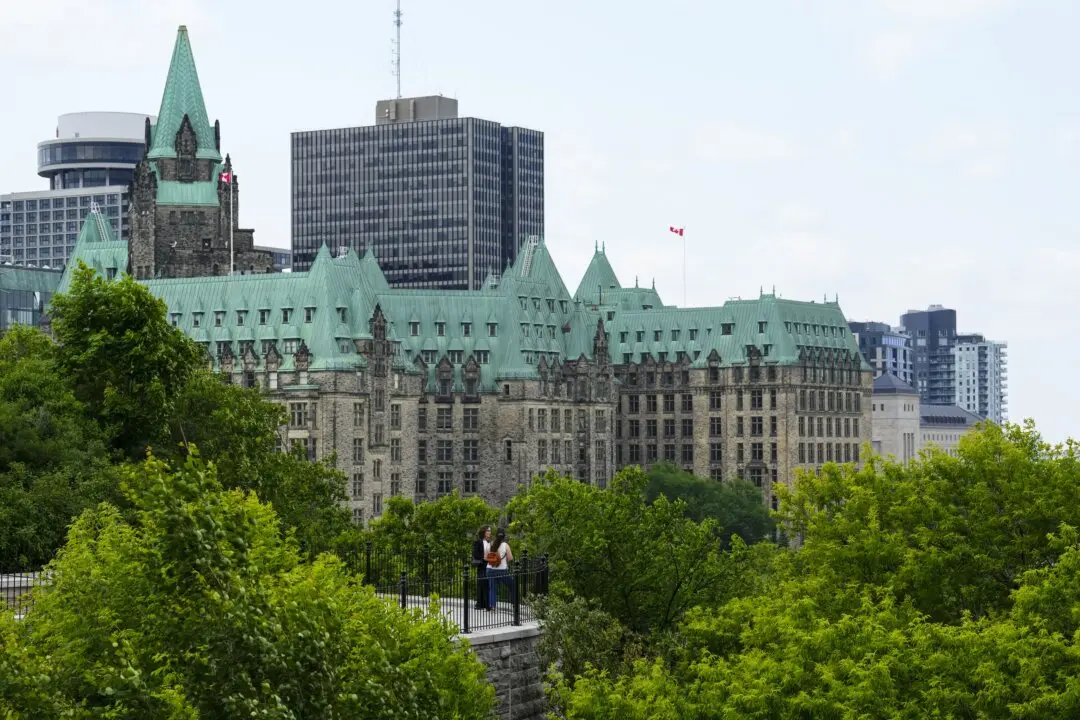The Alberta government is introducing legislative amendments it says will help it manage emergency scenarios including wildfire response.
The government said many current acts are not clear on when and how the province can assume authority over municipalities in cases of emergency. The government is proposing sweeping legislation to amend the Forest and Prairie Protection Act, Water Act, Emergencies Management Act, and the Elections Act, allowing it to change election dates to the fall from spring.





